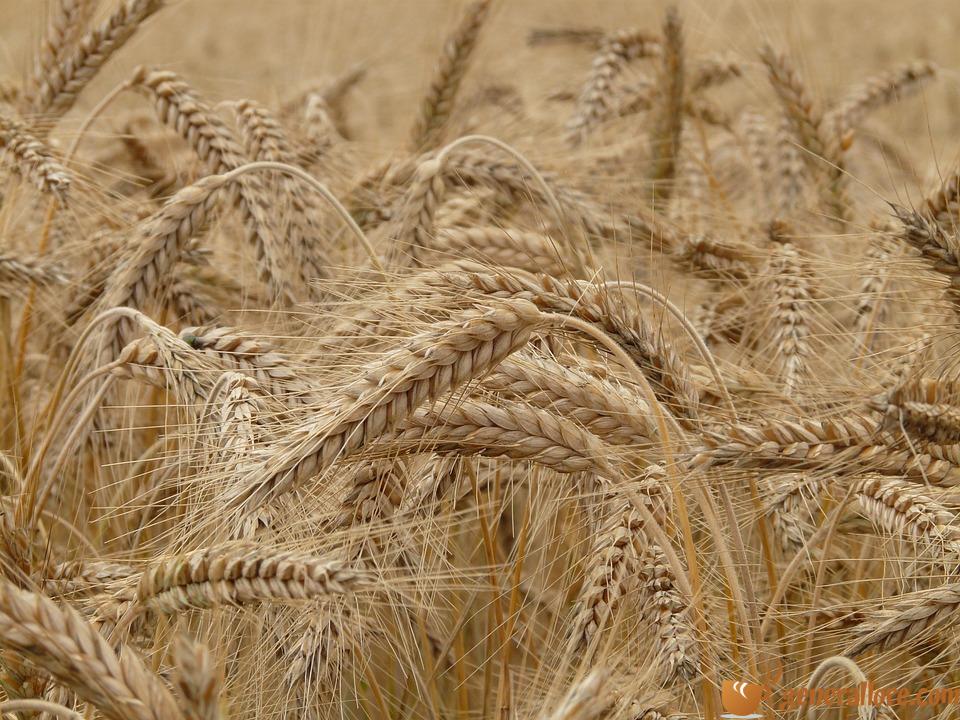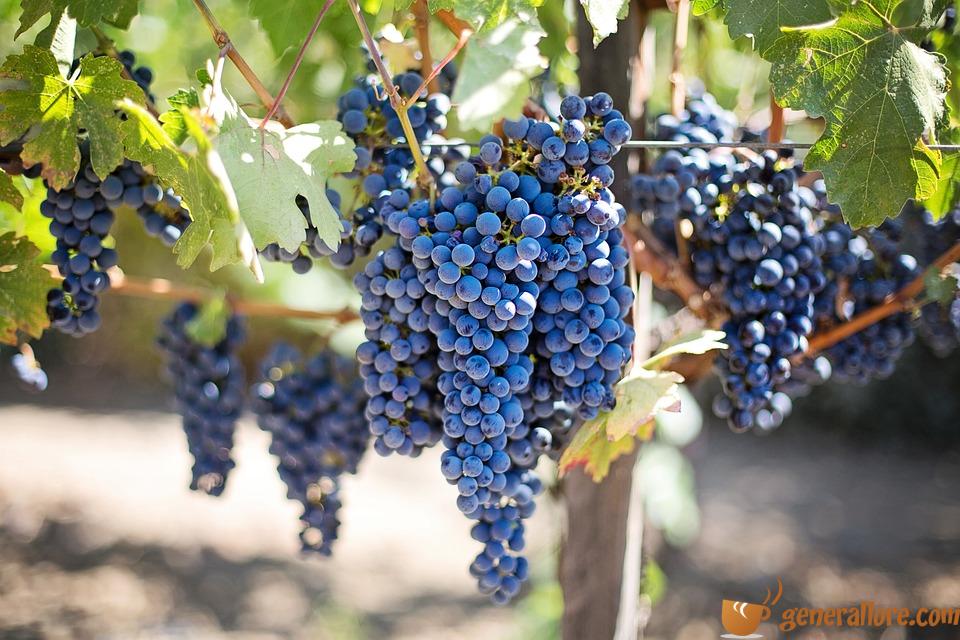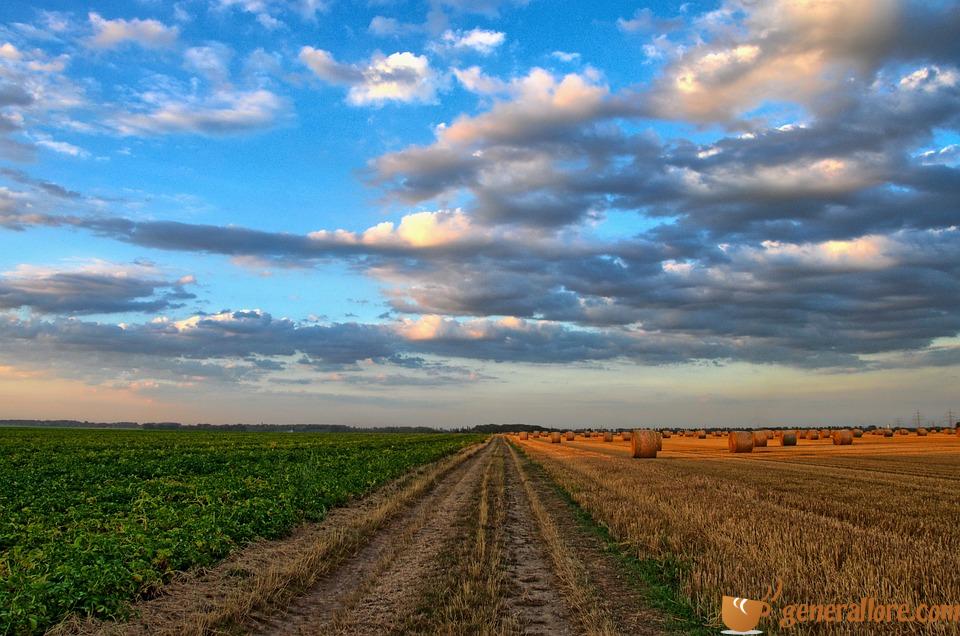Hydroponics: Growing Crops without Soil for Year-round Harvests
Introduction
Hydroponics is a method of growing plants without soil. Instead of planting crops in the ground, hydroponic systems use nutrient-rich water solutions to provide plants with the essential minerals they need to grow. This innovative technique allows for year-round harvests, regardless of the season or climate.
The Benefits of Hydroponics
Increased Growth Rate
– Plants grown hydroponically typically grow faster than those grown in soil due to direct access to nutrients.
– The controlled environment of hydroponic systems allows for optimal growth conditions, leading to quicker harvests.
Water Efficiency
– Hydroponics uses up to 90% less water than traditional agriculture, as water is recycled and reused within the system.
– This makes hydroponics an environmentally friendly option for sustainable crop production.
Space Saving
– Hydroponic systems can be set up vertically, making efficient use of space and allowing for high-density planting.
– This is especially beneficial in urban areas or areas with limited land available for agriculture.
Types of Hydroponic Systems
Nutrient Film Technique (NFT)
– In this system, a thin film of nutrient-rich water flows over the plant roots, providing a steady supply of nutrients.
– NFT systems are popular for growing leafy greens and herbs.
Deep Water Culture (DWC)
– Plants are suspended in a reservoir filled with nutrient solution, allowing their roots to grow directly in the water.
– DWC systems are ideal for growing larger plants like tomatoes and cucumbers.
Drip Irrigation
– A drip system delivers a precise amount of nutrient solution directly to the roots of each plant.
– This method is commonly used for larger-scale commercial hydroponic operations.
Conclusion
In conclusion, hydroponics offers a sustainable and efficient way to grow crops without soil, allowing for year-round harvests and increased yields. By utilizing different types of hydroponic systems, farmers can maximize space, save water, and grow crops in controlled environments. This innovative technique is transforming the future of agriculture and providing solutions to food security challenges around the world.
FAQs (Frequently Asked Questions)
1. What plants can be grown using hydroponics?
– Hydroponics can be used to grow a wide variety of crops, including lettuce, tomatoes, peppers, strawberries, and herbs.
2. How often do nutrient solutions need to be changed in hydroponic systems?
– Nutrient solutions in hydroponic systems should be changed every 1-2 weeks to ensure plant health and growth.
3. Can hydroponic systems be used indoors?
– Yes, hydroponic systems can be set up indoors using artificial lighting to provide plants with the necessary light for photosynthesis.
4. Are hydroponically grown crops organic?
– While hydroponically grown crops can be considered organic, it depends on the type of nutrients and growing practices used.
5. Is hydroponics more cost-effective than traditional farming?
– Initially, setting up a hydroponic system can be more expensive than traditional farming, but the long-term benefits often outweigh the initial investment.
6. Can anyone start a hydroponic garden at home?
– Yes, hydroponic gardening can be done on a small scale at home with the right tools and equipment.
7. Do hydroponically grown crops taste different from soil-grown crops?
– The flavor of hydroponically grown crops can be influenced by the nutrient solutions used, but many people find them to be just as flavorful as soil-grown crops.
8. How do you prevent pests and diseases in a hydroponic system?
– By maintaining proper hygiene and monitoring plant health regularly, pests and diseases can be minimized in hydroponic systems.
9. Can hydroponic systems be automated for convenience?
– Yes, many hydroponic systems can be automated using timers and sensors to control lighting, watering, and nutrient delivery.
10. Are there any limitations to what can be grown using hydroponics?
– While hydroponics can grow a wide range of crops, certain plants with deep root systems might not thrive in hydroponic systems.




